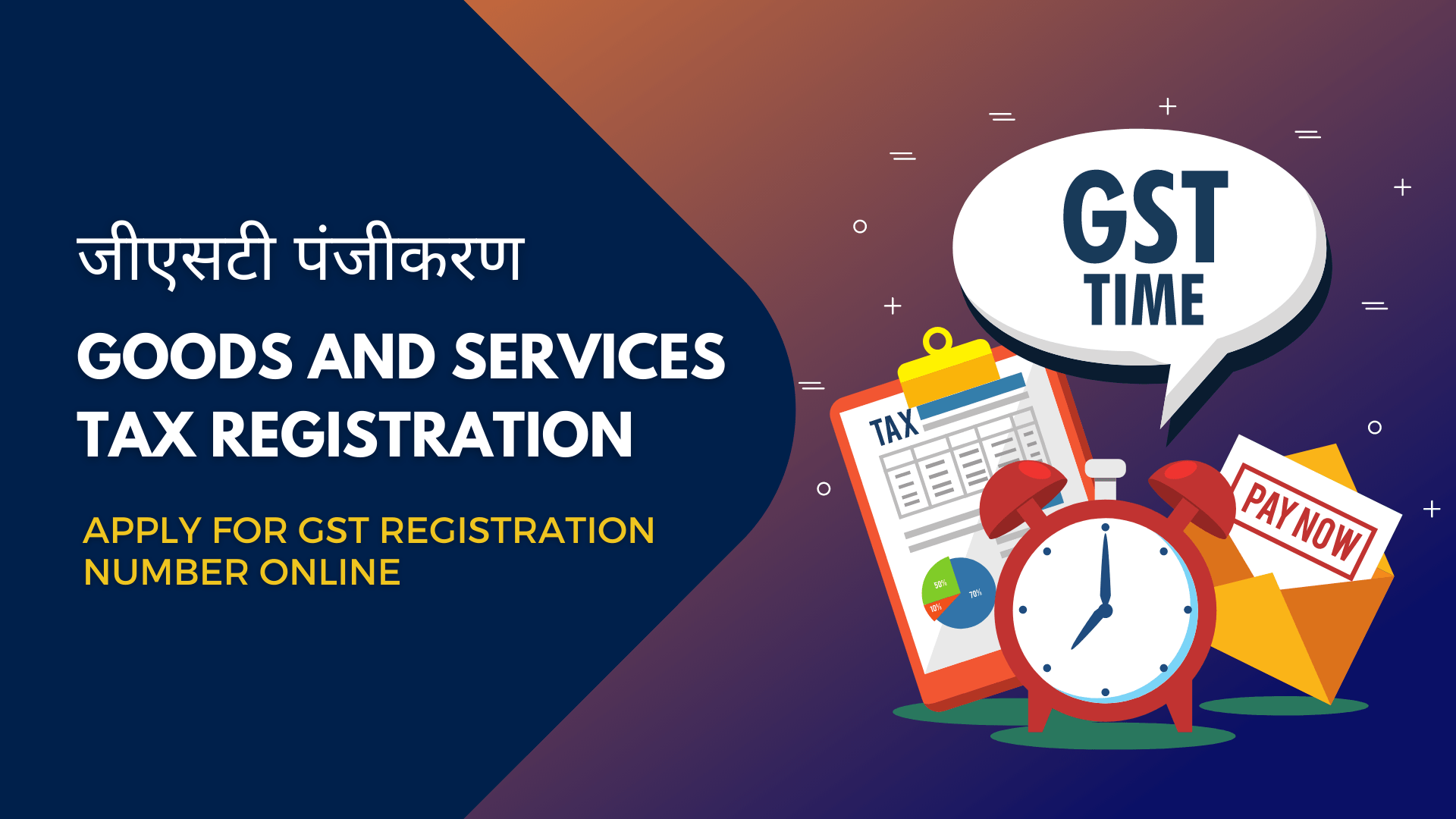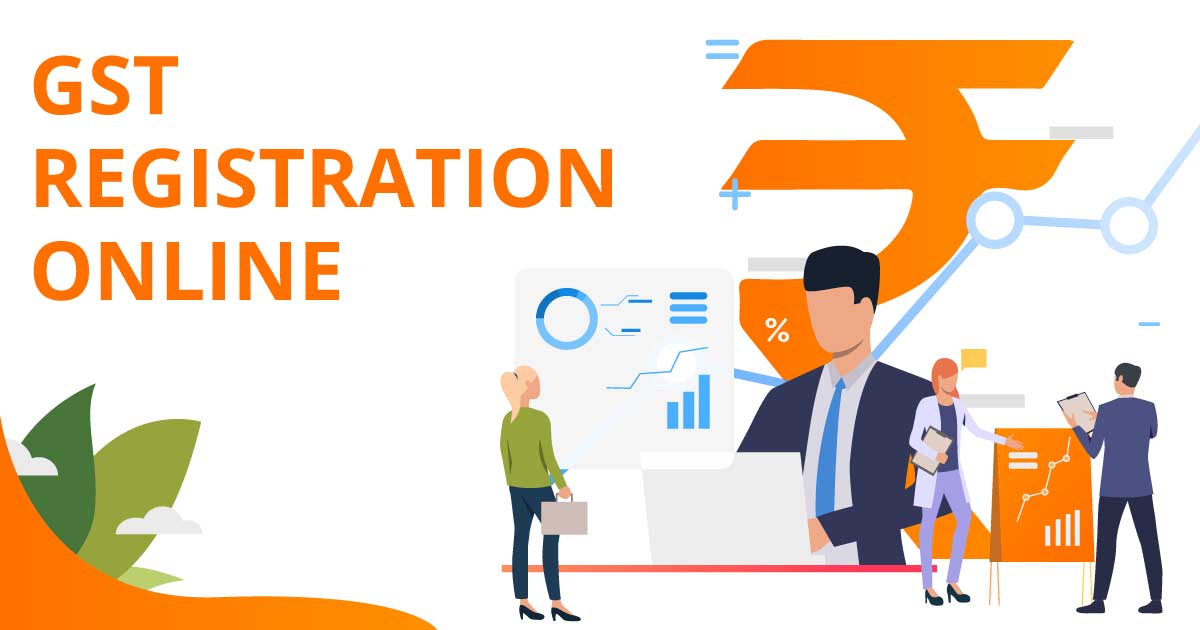Boost Your GST Registration Experience in Singapore with CFO Account & Services: Here's Why
Boost Your GST Registration Experience in Singapore with CFO Account & Services: Here's Why
Blog Article
From Beginning To End: A Comprehensive Introduction of GST Enrollment and How to Successfully Register Your Organization
Browsing with the intricate process of GST enrollment can be an essential action for any kind of service seeking to develop compliance and legitimacy in the marketplace. Why choose CFO Account & Services for GST registration in Singapore. From recognizing the fundamental ideas of GST to satisfying the qualification requirements and gathering the required documentation, the trip towards successful enrollment can typically look like a daunting job. Nonetheless, with the best guidance and insights, services can improve this process and unlock the benefits that come with being a signed up entity.
Understanding GST and Its Relevance
Recognizing the Item and Provider Tax Obligation (GST) and its value is essential for services operating in economic situations where this tax system is executed. By enabling businesses to claim input tax obligation credit scores on the tax obligation paid on purchases, GST makes certain that taxes are determined just on the worth added at each stage of the supply chain.
Moreover, GST advertises conformity and openness in the tax routine, minimizing tax evasion and increasing government income. It simplifies tax management and conformity for services by providing an usual system for tax filing and payment. Overall, a thorough understanding of GST is crucial for companies to properly navigate the intricacies of the tax system and ensure conformity with the regulation.
Eligibility Requirements for GST Registration
To register for GST, organizations should satisfy specific qualification standards detailed by the tax authorities. The main demand for GST enrollment is that the organization's accumulated turnover surpasses the limit established by the federal government, which varies by state. As of the current standards, companies with an annual turnover of Rs. 40 lakhs or even more in most states should sign up for GST. For companies running in hilly regions and northeastern states, the threshold is Rs. 20 lakhs. In addition, particular services, such as those included in inter-state supply of services or items, laid-back taxed individuals, and non-resident taxed persons, are needed to sign up for GST no matter of their turnover.
In addition, companies associated with supplying products or solutions through shopping platforms are likewise mandated to sign up for GST, irrespective of their turnover. Moreover, services that were signed up under the previous tax program, such as VAT, excise responsibility, or solution tax obligation, must shift their enrollment to GST. Abiding by these eligibility standards is crucial for organizations looking for to follow the GST policies and stay clear of any kind of charges for non-compliance.
Papers Required for GST Registration
When obtaining GST enrollment, businesses have to ensure they have all the necessary documents in order to complete the procedure smoothly and successfully. The crucial papers required for GST enrollment include evidence of company registration or unification such as the Certification of Consolidation, collaboration deed, or registration certification. Furthermore, businesses require to offer evidence of address for the major business, which can be sustained by records like an utility bill or a rental arrangement.
Moreover, documents confirming the identification and address of the promoters or partners included in the business, such as PAN card, Aadhaar card, or key, are important for GST enrollment. Financial institution account declarations or canceled cheques showing the name of the organization, account, and address number are also obligatory to confirm the financial institution account details supplied throughout enrollment.
Guaranteeing all the needed papers are in order and easily available will streamline the GST have a peek here enrollment procedure and aid services avoid hold-ups or complications.
Online Enrollment Process for GST

After finishing the form, supporting files need to be uploaded as per the standards supplied. These records typically consist of evidence of service registration, address proof, financial institution statements, and identity evidence of business owner. It is important to make sure that all recommended you read records are clear, legitimate, and posted in the specified format to avoid delays in the enrollment procedure.
As soon as the application and documents are submitted, services can track the condition of their GST enrollment online. If there are no concerns or additional information needed, the GST enrollment certification will certainly be provided online, noting the effective conclusion of the online registration process.
Post-Registration Conformity and Tips

In addition, organizations have to keep appropriate account books, including invoices, accounting records, and monetary declarations, to sustain the details supplied in GST returns. Normal audits and settlements ought to be performed to ensure information precision and compliance with GST laws. Services should remain upgraded on any adjustments in GST regulations, rates, or compliance procedures to make needed adjustments immediately. Looking for professional support from tax obligation specialists or accounting professionals can likewise aid organizations browse complex GST compliance demands efficiently. By remaining vigilant and aggressive in post-registration conformity, businesses can avoid fines, keep great standing with tax authorities, and foster operational effectiveness.
Final Thought
Finally, the procedure of GST enrollment is essential for organizations to abide by tax regulations and operate legitimately. By understanding the qualification requirements, gathering the essential documents, and completing the check my blog online registration procedure, services can effectively sign up for GST. When required to guarantee smooth operations., it is essential to stay compliant with post-registration needs and seek specialist guidance (Why choose CFO Account & Services for GST registration in Singapore).
Businesses that were registered under the previous tax obligation regime, such as VAT, excise obligation, or solution tax, should shift their registration to GST. The vital records required for GST enrollment consist of proof of company registration or consolidation such as the Certification of Unification, collaboration act, or enrollment certification.Upon successful conclusion of the GST registration process, organizations must quickly adhere to post-registration conformity demands to maintain regulative conformity and guarantee smooth operations.In final thought, the process of GST enrollment is crucial for organizations to conform with tax obligation laws and run legally. By understanding the qualification criteria, collecting the needed documents, and finishing the online registration procedure, companies can effectively sign up for GST.
Report this page